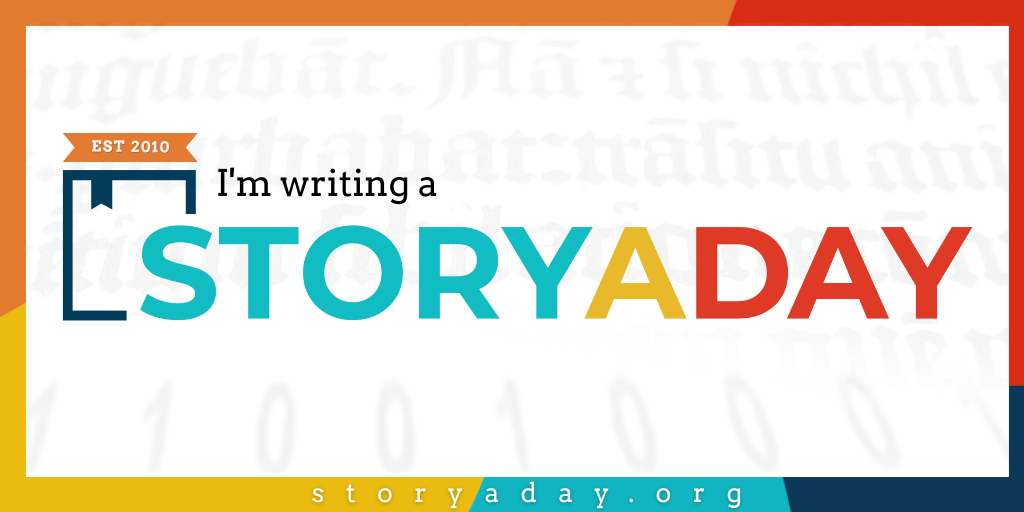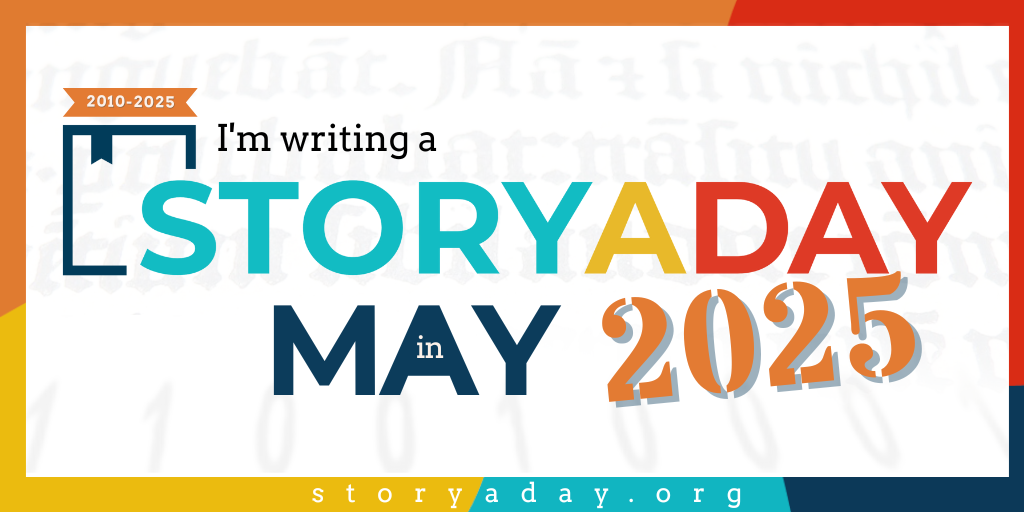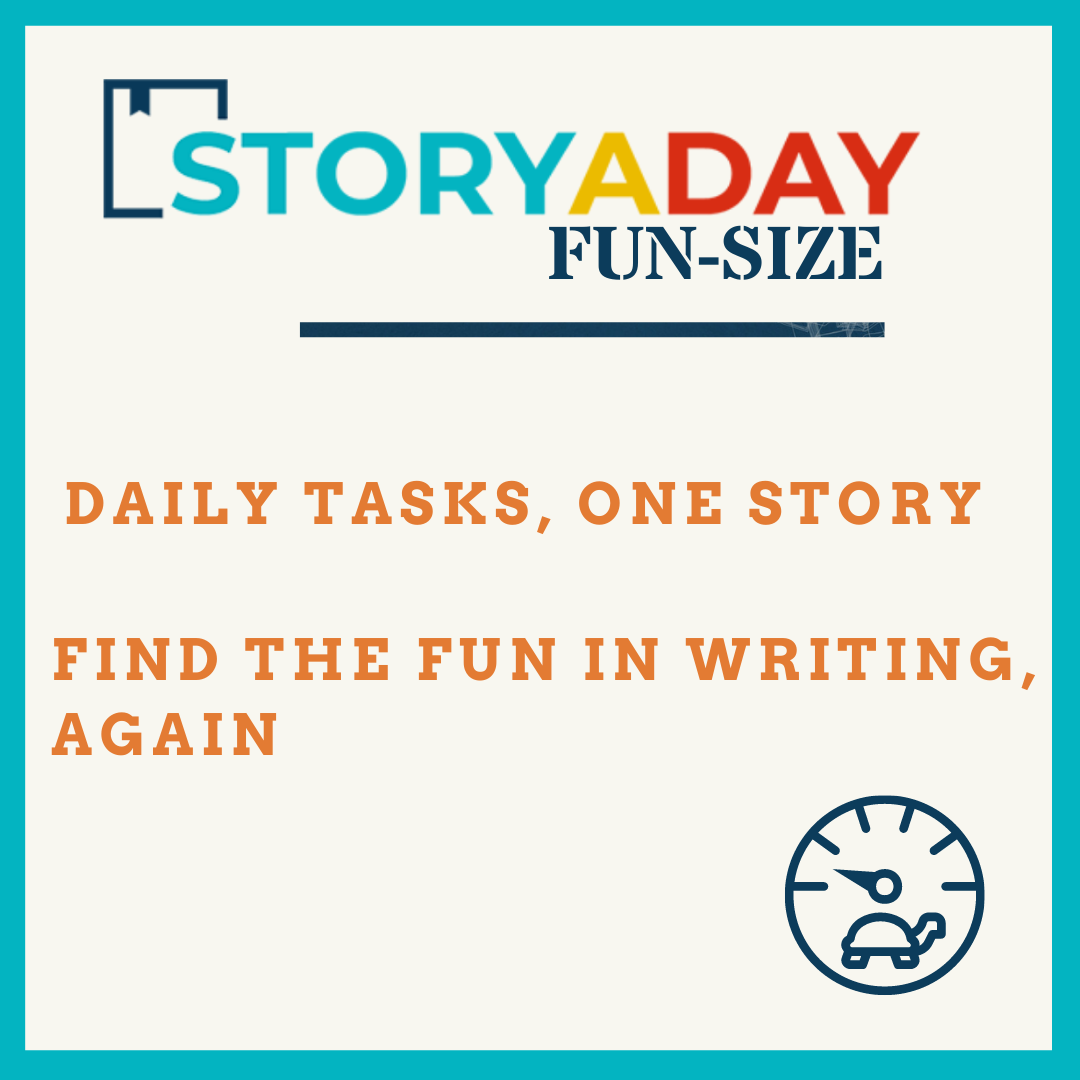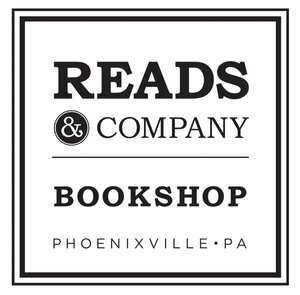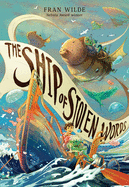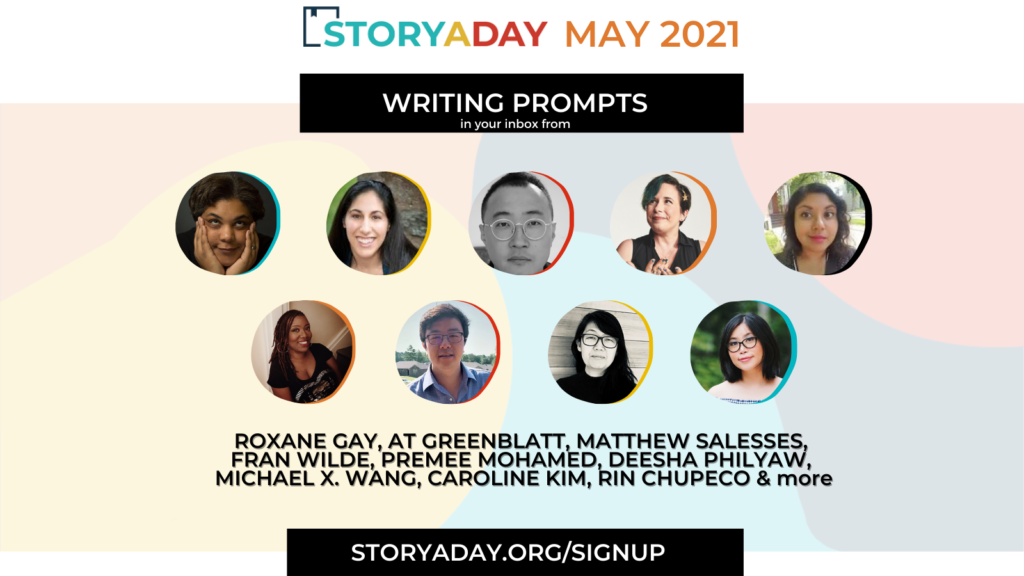Now that you’ve spent some time thinking about Story Sparks, characters, settings, and the mood of the stories you might want to write, as well as your Writer Identity, Tiny Win Celebrations and Bounce Back Plan, it’s time to get serious about making your rules for StoryADay
My Own Rules?
Yes.
StoryADay May’s original challenge was to write a story a day in May. It’s a huge challenge and thrills a certain type of writer with the massive commitment, the opportunity to outrun the demons of perfectionism, and the opportunity to tell the people who love you “sorry, not this month, I’m focused on my writing.”
But.
It doesn’t have to be that way.
Your Tiny Task for today is to
Set Your Rules For StoryADay May
You get to set your own rules. Rules that will:
- Push you to write more than you usually would
- Help you out run pefectionism
- Force you to keep writing when inspiration has dried up—which usually results in you reaching for the weird ideas that, in turn, re-spark your inspriation. odd, but true.
they might look like this:
- I will write a story a day, even if that story is a single sentence that I’m being extremely creative in describing as a story. The point is to think about narrative and try to craft something complete, every day.
- I will write a story three days a week, starting and finishing a story in a single 24 hour period
- I will write every day except these days…(good if you have long-standing commitments in May)
- I will write a 100 word story every day. No more, no less.
You can even decide to do something completely different, as long as you stick to it. In the past people have used the challenge to
- Write a new idea for a picture book every day of the month
- Write backstories for my novel world and its characters
- Write connected stories set in a single apartment building
- Revise a scene from a work in progress every week day.
TIP: Keep the rules simple and few.
Flexibility, Without Fracture
The best type of tree to stand under when it’s windy is a healthy one, and one with plenty of flex. Too rigid, and the limbs will snap off. We don’t want that in a tree or in your StoryADay Challenge!
If you’re nervous that your rules might be too rigid and threaten to break you, make your plan today and commit to sticking to it for one week.
If you are really hating it at the end of that week, tweak the plan for Week 2, then stick to the new plan for a week.
Discover something about your writing practice that makes your Week 2 plan make no sense? Change it for Week 3 and stick to that for at least a week. and so on.
StoryADay May is about finding out how to be a writer, for you, in this moment, not ‘some day’. It’s your challenge. Make commitments, stick to them for long enough to figure out if they’re working, then tweak.
For The Best Experience, Consider Superstars
Want Support During StoryADay May — and Beyond?
StoryADay May is an incredible way to spark your creativity — but it can be intense, and it’s easy to lose momentum without the right support system.
That’s why I created Superstars: a six-month guided experience that gives you community, structure, and resources to support your writing journey through May and beyond.
Find out more and join us, here
When you join Superstars, you’ll get:
- Daily writing sprints and accountability during May (and all year round!)
- A private, off-social-media community of committed writers who “get it”
- Access to a library of workshops on craft, mindset, and productivity
- Monthly themes to help you stay focused and growing
- Critique opportunities to help you revise and share your stories
- Encouragement to help you write more, finish more, and feel like a writer
Superstars is about more than just writing more. It’s about writing better, finishing what you start, and moving toward your writing goals in a structured, supported, and sustainable way.
Here’s what your next six months could look like:
- May: Show up daily, write more than you thought possible, and lean into the challenge with support all around you.
- June: Refine – Choose a story from May and revise it with intention. Participate in Critique Week to get thoughtful, constructive feedback.
- July: Improve – Strengthen your craft with focused workshops on scene-building, character, pacing, and dialogue.
- August: Triumph – Polish a piece and get it ready to share. Learn what success looks like for you, and celebrate your growth.
- September: Engage – Make your writing more engaging, and reconnect with readers, fellow writers, and your creative purpose.
- October: Imagine – Reconnect with your vision and voice. Participate in a second Critique Week to prepare for what comes next.
Find out more and join us, here
Don’t Go it Alone
I created Superstars after seeing what worked during the StoryADay Challenge:
- Writers who engaged and showed up daily? They finished strong.
- Writers who kept writing after May? They polished and published.
- Writers who tried to go it alone? Too often, they floundered.
Superstars has been helping writers stay focused, finish their work, and live more confidently as writers since 2018.
If you’re ready to turn your May breakthrough into a writing life you love — I’d love to welcome you into Superstars.
You don’t have to do this alone. Let’s keep writing — together.

